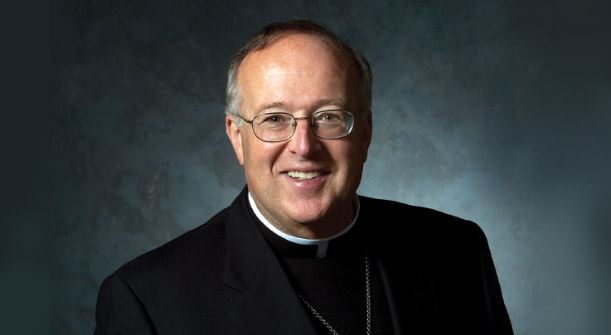March is Traumatic Brain Injury Awareness Month. TBI’s are beginning to receive greater attention as increasing numbers of soldiers are suffering TBI’s in Iraq and Afghanistan. A recent post on Air Force Times notes:
In the Army alone, some 114,000 soldiers have suffered concussions since the wars began.”
TBIs have also been in the headlines concerning football, raising concerns for both NFL players and every parent whose child wants to join a football team.
Last year’s football season was dominated by worries of concussions and other head injuries that could lead to brain injuries, but the season ended on a high note when Green Bay Packers quarterback, Aaron Rodgers, shook off two regular season concussions to win the Super Bowl MVP honors. However, after the bright lights of the stadium go down, the long-term effects of traumatic brain injury, or TBI, become apparent.”
How much attention a disease or condition receives is often tied to celebrity sponsorship, a scientific promise of a cure, and as the recent headline Former NFL Player Donates Brain After Death indicates a preference to high-tech, sexy medicine.
Hesitancy to confront the ambiguity and long term consequences of TBI experienced by soldiers, athletes, and even Congresswoman Giffords exposes the awkwardness with which our society, as a whole, deals with caregiving. A focus on TBIs requires raising awareness of the patient, family and caregivers involved in longterm care – and allowing them to teach us something about Christian hope.
And so, as this TBI Awareness month comes to a close, a book recommendation: Over the Waterfall by Marilyn Martone, Ph.D.
A moral theologian by training, Over the Waterfall is a personal account of one family’s experience with the tragedy of traumatic brain injury, the struggles of long term care, and the injustices in our healthcare system. The back cover begins with a challenging question:
Where does one find meaning when one’s witty, intelligent, and beautiful daughter is hit by a care while a senior at one of the country’s most prestigious universities and lies unconscious for close to eight months only to emerge severely brain injured?”
Through her and her daughter Michelle’s personal narrative, Dr. Martone weaves together a theology of gift and a Christian understanding of hope and time, which is both challenged and made concrete through the experience of long-term TBI rehabilitation.
When we are unable to wait, we are unable to hope. We need safe places where we can nourish hope and not merely dumping grounds for those who do not fit into the time structures that have been artificially set up by society. We need safe spaces where we are not alone in our waiting – places that teach perseverance and constancy and give us hope. ” (69)
Ultimately, Over the Waterfall raises many healthcare questions in the news this March: should age matter in the distribution of healthcare resources? What is personhood? Noting the doctors and scientists around her were investigating these questions rather individualistically, Dr. Martone notes:
I accepted the fact that the brain is the key to one’s personhood. I accepted that my daughter had suffered severe brain trauma and might never awaken. I accepted that if she did awaken she might be a totally different person, but I was her mother and whoever Michelle now was, she was still my daughter.”(107-8).
Over the Waterfall draws the reader into Michelle and Marilyn’s hope filled story of love and community in the wake of traumatic brain injury reminding us, “Whether we are disabled or not, we need each other.” (194)



Thank you for a wonderful piece and the reminder that “socially acceptable” time constraints must be constrained with moral imperatives.